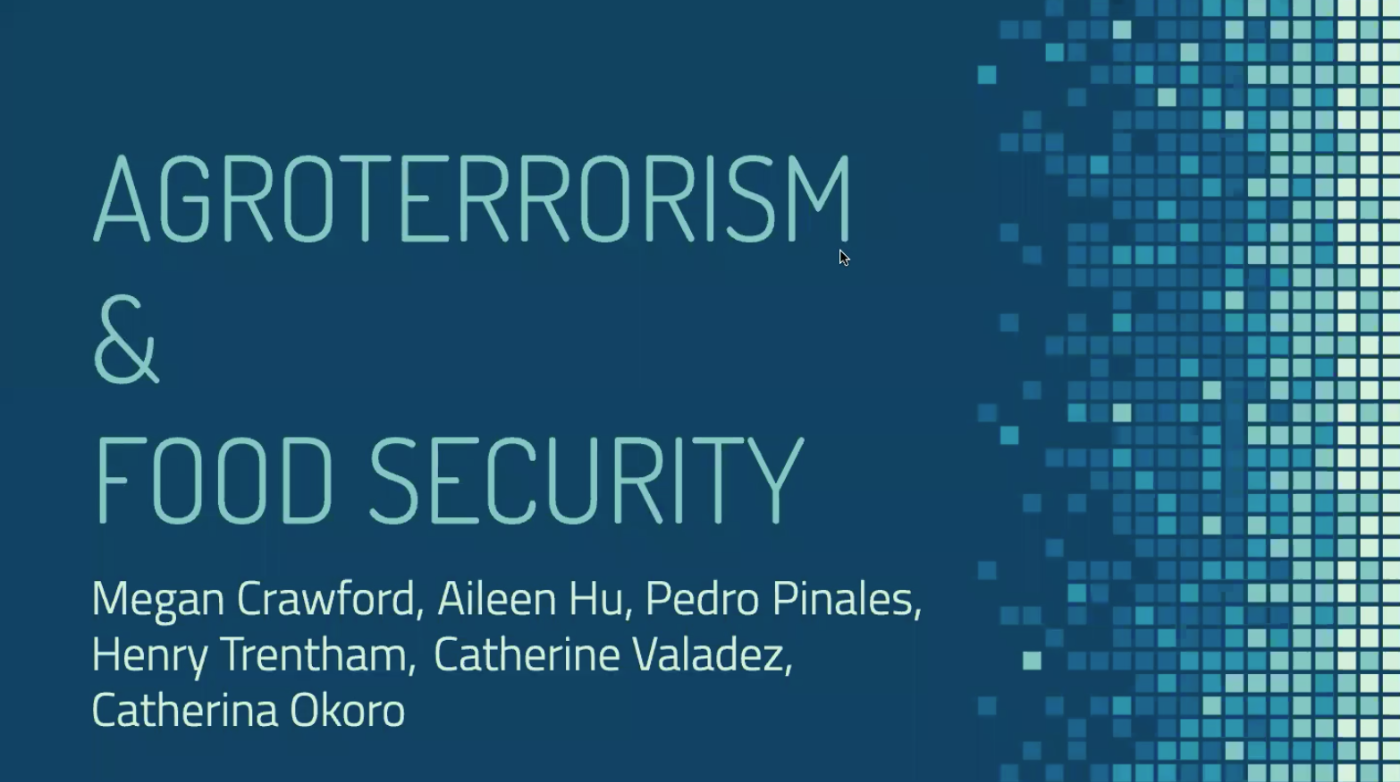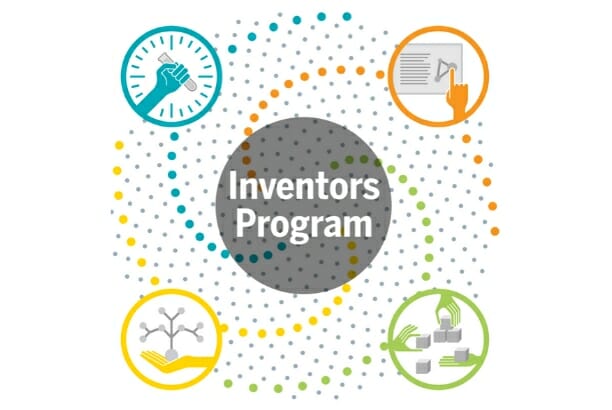In Spring 2020, the Intelligence Studies Project (ISP) piloted a national security course for undergraduates in the College of Natural Sciences (CNS) at the University of Texas at Austin.
The course, sponsored by the CNS Inventors Program, was designed and directed by Alan Kessler, the CIA’s resident intelligence officer at UT’s LBJ School of Public Affairs. The course aimed to help students develop critical thinking, presentation, and writing skills as they examined potential security threats and opportunities posed by emerging technologies.

Twenty promising STEM majors conducted independent research on challenging problems provided by the course’s project sponsor, Stratfor, an Austin-based geostrategic intelligence firm. After completing basic analysis, presentation, and research design modules, students worked in teams to develop projects to help Stratfor detect biowarfare threats in dual-use research, identify opportunities for electric vehicles, improve detection of food safety risks, and minimize agricultural water use.
Students took advantage of the experiential learning opportunity to define their team’s research question and then engage in virtual collaboration to develop proposals to meet their customer’s needs. Final presentations, several of which built on pitches for UT’s Undergraduate Research Forum, showcased a range of creative options to curb biowarfare risks, promote clean energy, secure safe food supplies, and efficiently use scarce water resources.
A number of scholars and practitioners from the UT community and guest speakers from the U.S. intelligence and defense communities contributed to the course’s success. Professor Kessler, along with ISP Director Steve Slick and Senior Fellow Paul Pope, introduced students to the dynamics of national security decision making and emphasized the importance of STEM skills for understanding and addressing challenges to national security. The colleagues and practitioners below (in chronological order of instruction) lectured and shared insights with students in the course:
- Gray Garmon, a professor at UT’s Center for Integrated Design, led students through principles of design thinking which teams used as a framework to conceptualize their project designs.
- Major Zachary Walker (USA), Defense Innovation Unit, briefed the class on the Defense Department’s innovation ecosystem and defense- and intelligence-technology partners in Austin.
- Derek Haas, Ph.D., UT professor of mechanical engineering and head of the Radlab, discussed innovations in nuclear technology and methods to detect and curb nuclear proliferation.
- Amyn J, Ph.D., a research scientist at CIA’s DS&T, briefed students about developments in artificial intelligence and presented use cases illustrating how associated technologies enable automation, autonomous weapons development, and facial recognition.
- Billie Wang, Ph.D., research scientist at NGIC, discussed his work applying additive manufacturing to defense-related problems and walked students through commercial, military, and policy aspects of this technology for national security. He flagged potential dual use and supply chain concerns while challenging students to think through novel applications of 3D printing.
- Amber Ulbrich, Ph.D., research physicist at NGIC, briefed students on quantum information science, highlighting her work on encryption, imaging, and sensor technology. She also emphasized the importance of bringing a clear STEM message to decision makers to enable them to better understand and respond to security challenges raised by quantum technologies.
- Angelica Garza, a UT student volunteer at the Sanger Learning Center, provided public speaking tips to the class to help students prepare their class presentations and project briefings.
- John Brennan, former CIA Director, shared insights about his career in government and spoke to the class about the importance of STEM skills for understanding intelligence challenges. He addressed a number of questions from students and highlighted the central roles of service and leadership in promoting civic engagement.
Sophia Johnson, program manager for UT’s Inventors Program, and course teaching assistants Ryan Kohanski and Shreya Saha, supported students throughout the course, helping with logistics and research projects. Kim Nguyen, program manager for ISP, also helped schedule and host guest speakers and served as a course consultant during the semester.
NSC 323 provided STEM undergraduates with an experiential learning opportunity to study national security decision making and to hone their analytic thinking, research, and presentation skills through project-based work. Students demonstrated resilience and commitment to learning as the course moved online after Spring Break, gaining valuable experience with virtual teaming and online presentation technologies as the class progressed. The course pilot enhanced ISP’s engagement with UT undergraduates and showcased national service and federal career opportunities for promising STEM students.
 .
. 




